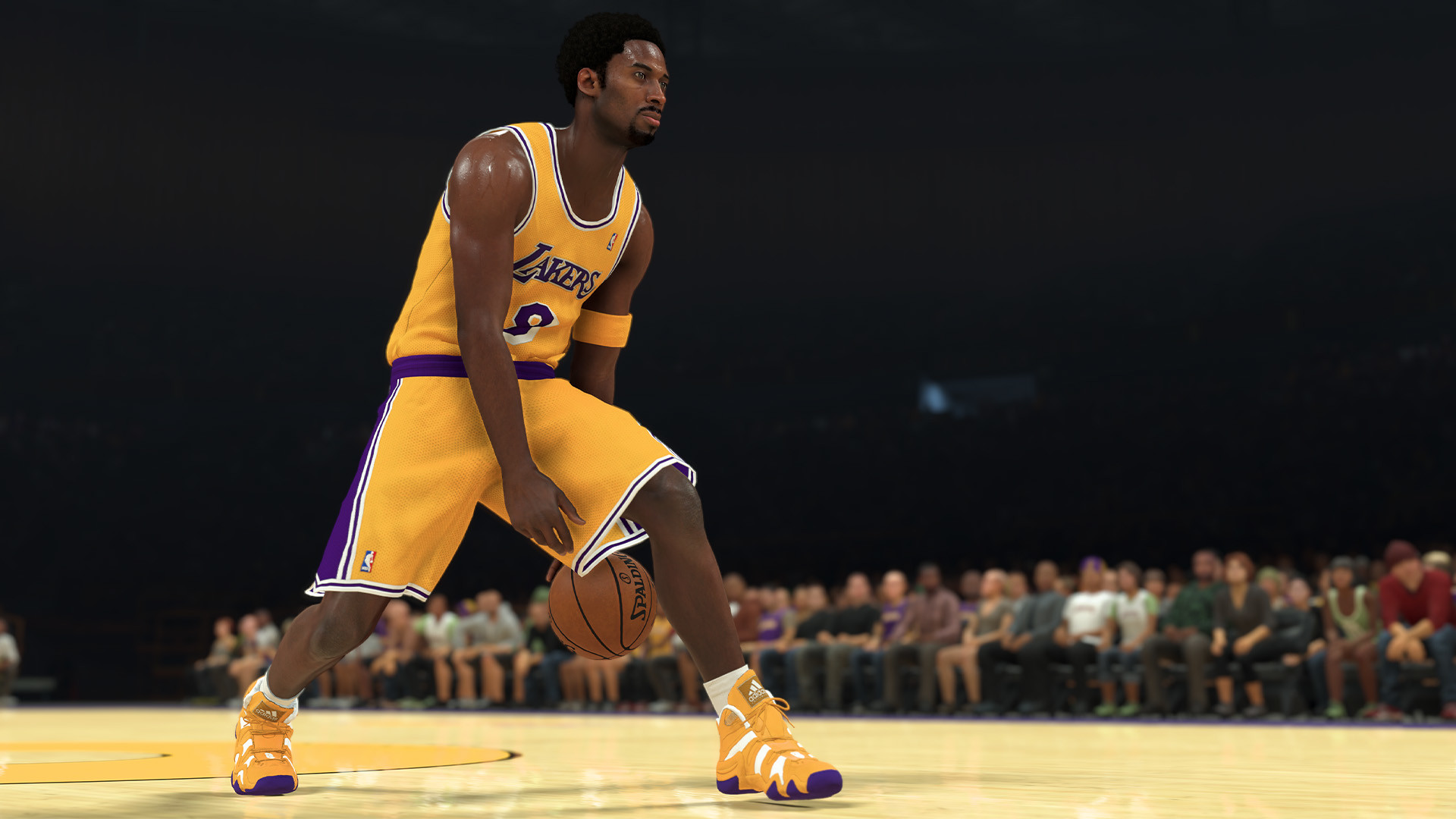Publishers Not Offering Free Upgrades To Next-Gen Versions Are On The Wrong Side Of History
There’s been a fair bit of pushback in the last few weeks against developers and publishers who have announced that they will be charging players to upgrade their games to next generation versions. Originally it was 2K Games, who locked the upgrade for NBA 2K21 behind a more expensive version of the game; Control got into some trouble, because the only way to upgrade that to a next gen version is to buy the Ultimate Edition. And, most recently, Activision has confirmed that only a more expensive, $70 version of Call of Duty: Black Ops: Cold War will get the free next gen upgrade treatment.
Now, there are some people who defend these moves by these publishers – the basic argument goes that when free upgrades have never been a thing in any previous console generation, why are they suddenly expected to be a thing now? Expecting a free next gen version when you buy a current one, this line of thinking goes, is entitlement.
That is, of course, an incredibly flawed way of looking at it – because do you know what other things haven’t ever been a thing before, but are now? Persistent microtransactions in your video games, associated with your profiles tied to your console account. If I am playing NBA 2K21 on my PS4, and spend a few hundred bucks on its pervasive microtransactions, and then I am expected to spend another $70 (thankfully still not a next-gen standard price, for now) – that’s an excessive amount of fleecing of your customer base, even for the video games industry.
The basic point I am making here is that the whole “this has never happened before” argument is flawed and disingenuous, and making a comparison predicated on false grounds to begin with. Video games haven’t been persistent microtransaction riddled “live services” in previous generation transitions necessitating cross-gen ports either. In the past, a new generation has meant new games – not the third straight generation of GTA Online.
The most incredible thing about this whole situation is that some of those game series charging players for the next gen upgrade are the ones that arguably have been controversial in terms of microtransactions. In terms of microtransactions, there is no series worse than NBA 2K (last year’s version very literally advertised itself as a casino); in the shooter market, Call of Duty is unmatched when it comes to its monetization, with battle passes and microtransactions galore (mercifully, paid season passes have been dropped as of last year). For 2K Games and Activision to have the temerity to then charge extra on top of that is some galaxy brain thinking right there.
Control, of course, is not a game with exploitative monetization. What it is, however, is a game that barely works on current generation base consoles, with incredible slowdown, but a game that has a loyal and devoted fanbase, many of whom have presumably purchased its DLC. And all those loyal fans are now out of luck – this game that would actually benefit from a free next generation upgrade will not be getting one, and fans who have already spent money on the game plus its DLC will now need to repurchase the Ultimate Edition to get their next generation upgrade. Again, you have to hand it to 505 Games, because this shameless practice is honestly a sight to behold.
These games wouldn’t have looked as bad as they do if there weren’t other publishers offering next gen upgrades to their players for free, and if console manufacturers like Microsoft didn’t have infrastructure such as Smart Delivery in place to facilitate that. CD Projekt RED typically has pro-consumer policies, so them offering free upgrades for Cyberpunk 2077 isn’t much of a shock, but when a niche franchise like Yakuza, or publishers such as Ubisoft and EA (albeit not using the Smart Delivery framework in the latter’s case, and using their own upgrade mechanism) can offer their players free upgrades, then really, this whole situation becomes recontextualized.
Even if there was any merit to the whole “this has never been a thing before” argument (which, to be clear, there isn’t, but let’s go with it for a bit), the fact of the matter is that multiple other big publishers are offering free upgrades to their customers anyway. Whether it is to inculcate goodwill or brand loyalty, or just because they think it’s the best way to keep that microtransaction money flowing, their intentions are irrelevant. They are offering free upgrades, and in the face of some of the biggest publishers offering those for some of their biggest games, publishers such as Activision have made a conscious, active, deliberate choice to not do that. Which, it is their prerogative. It’s their product, they will handle it however they want. But it’s deliberate and a way to suck out more money from their consumers, plain and simple.
On the whole, however, I do think that Activision, 2K, 505, and whoever else decides to join them in the coming months, will be on the wrong side of history. Video games have become more about continuous ecosystems extending across hardware, and the games as a services movement (which these same publishers have spearheaded) has only hastened that transition. Much like with the mobile market, people have an expectation of compatibility, as long as it is within the same hardware family if nothing else. And slowly, excruciatingly, kicking and screaming, everyone will be dragged into this new paradigm eventually. Maybe it won’t happen this generation, in fact, having holdouts as high profile as Call of Duty and NBA 2K ensures it won’t. But eventually, come the next generation transition, these free upgrades will be commonplace, routine, and expected, and all publishers will have to offer them, even the ones not doing so right now. And that’s great, because that is the pro-consumer march forward that we should all be supporting – rather than going through hoops to defend million- and billion-dollar corporations who don’t care about you beyond your capacity to keep giving them your hard earned money.
Note: The views expressed in this article are those of the author and do not necessarily represent the views of, and should not be attributed to, GamingBolt as an organization.
* This article was originally published here


Comments